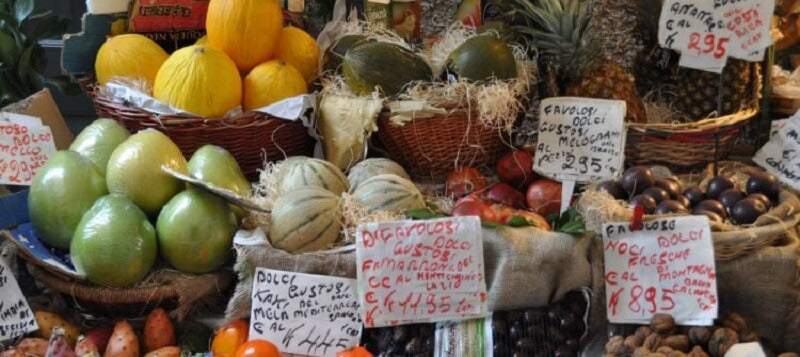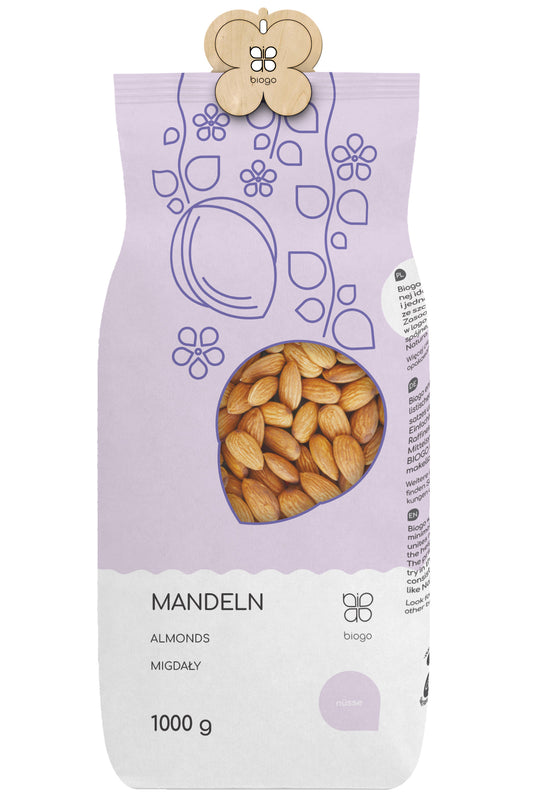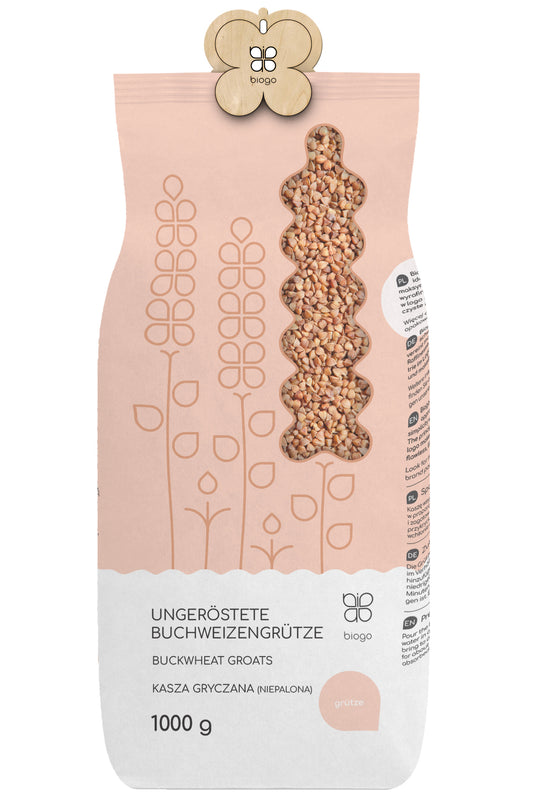Italian, Carlo Petrini, radio journalist and culinary critic, after hearing about it in the historic district of Rome right next to the famous Spanish Steps, protested against the creation of McDonald's and expressed this by creating the Slow Food movement and culture.
It's not without significance that the relentless McDonaldization of the Apennine Peninsula has provoked such strong reactions. On the one hand, Rome's authorities are proud of the gigantic increase in tourists coming to the Eternal City, while on the other, residents and owners of traditional restaurants want Italy to retain its culinary identity.
Slow Food in Numbers
Today, the movement has approximately 100,000 members in over 150 countries. In the Italian city of Bra, about 100 people work to promote the Slow Food movement, and approximately 800 volunteers throughout Italy, who lead local institutions, remind us that Italy is a country inextricably linked to high-quality food. The movement became famous for its campaign to protect four traditional American turkey breeds by purchasing 4,000 eggs and raising the hatched chicks.
Slow versus fast
One of the main goals of the slow food movement is education, a return to authentic dishes, and the restoration of healthy, wholesome meals based on top-quality products for home cooking. The idea is in stark contrast to fast food meals, which are quickly prepared, readily available, and characterized by high levels of saturated fat, sugar, and salt, as well as being densely calorie-rich. Consuming such meals can lead to obesity, cardiovascular or liver disease. These are not the only differences. Fast food is also at the forefront of its poor menu, which is the same regardless of latitude. The goal of Slow Food is precisely the restoration of biodiversity. This alternative movement advocates for healthy meals that are designed to delight the palate and are beneficial to health.
Ark of Taste
At the Italian food fair near Turin, in Milan or Parma, you can see for yourself how representatives of Italian plantations, producers or distilleries talk beautifully about food at their stands. We praise homemade tagliatelle, polenta, carnaroli with truffles, Tuscan olives , balsamic vinegar from Modena or lemons from Sorrento. No wonder they came up with the idea of protecting increasingly forgotten flavors. The idea takes its name from the biblical Noah's Ark. This time, the protection will include not only the world of fauna, but also the world of flora. The goal of the Ark of Taste is to restore biodiversity. It turns out that in 20th century Europe, up to 75% of food simply disappeared. This percentage includes both plants and livestock.
Has anyone heard of a red cow?
It's hard to expect each of us to be an expert on pig breeds, but it's a great curiosity that the Slow Food movement has protected a red cow that lives only in Lesser Poland. Oscypek cheese, made by shepherds, is also allowed to use the Slow Food movement's logo, i.e. the red snail. Hundreds of products worldwide have already been covered, including: world-famous Moroccan argan oil , Chilean chickens that lay blue eggs, Slatko prunes from Bosnia and Herzegovina, black Gascony pig from France, and Tibetan yak milk cheese. It all seems extremely exotic, but if argan oil has had such a success, why don't other products have even the slightest chance? Even if they don't conquer foreign markets, they remain a local attraction.
It was the Italians who resisted the popularization of fast and unified food. The Italian chef is an artist; in fast food, everything is fixed and regulated; no sense of taste is required, and references to the regional food culture are not required. A fast-food burger tastes just as good in Lima as it does in Warsaw or Rome. Italian Slow Food strives not to forget its culinary identity, which is inextricably linked to the region's history and culture.
THE PUBLISHER'S CHOICE
Dried dates 1 kg BIOGO
- £4.00
£5.00- £4.00
- Unit price
- / per
Almonds 1 kg BIOGO
- £11.00
£13.00- £11.00
- Unit price
- / per
Peeled sunflower seeds 1 kg BIOGO
- £3.00
£4.00- £3.00
- Unit price
- / per
Dried organic mango 400 g BIOGO
- £10.00
- £10.00
- Unit price
- / per
Dried White Mulberries 500 g ORGANIC
- £6.00
£7.00- £6.00
- Unit price
- / per
Popcorn (corn kernels) organic 1 kg BIOGO
- £6.00
- £6.00
- Unit price
- / per
Organic Ground Turmeric 500 g BIOGO
- £6.00
- £6.00
- Unit price
- / per
Milk thistle seeds 1 kg BIOGO
- £4.00
- £4.00
- Unit price
- / per
Organic cashew nuts 1 kg BIOGO
- £18.00
- £18.00
- Unit price
- / per
Unpeeled buckwheat groats 1 kg BIOGO
- £3.00
£3.00- £3.00
- Unit price
- / per







































































































































